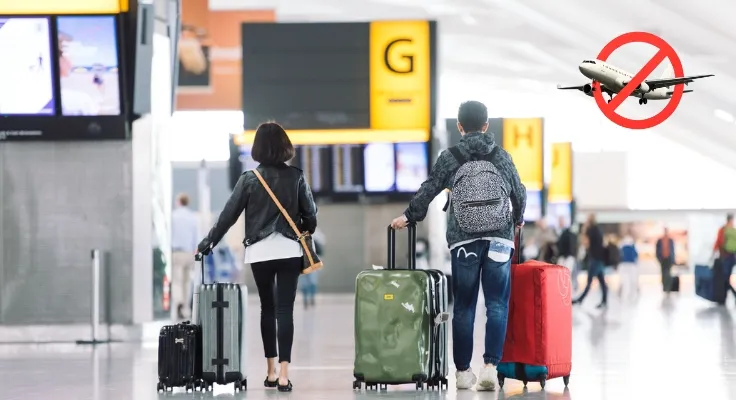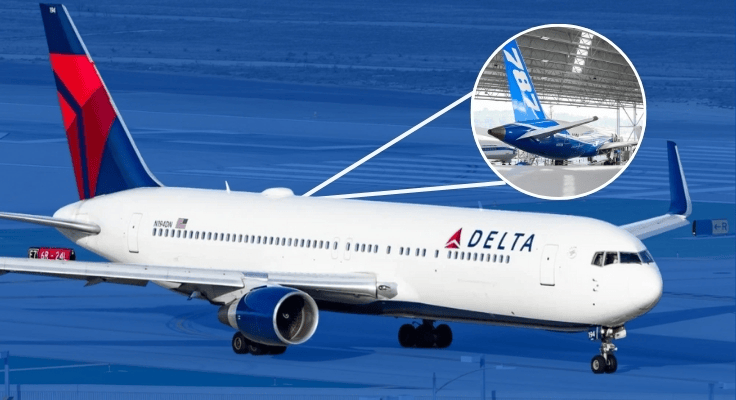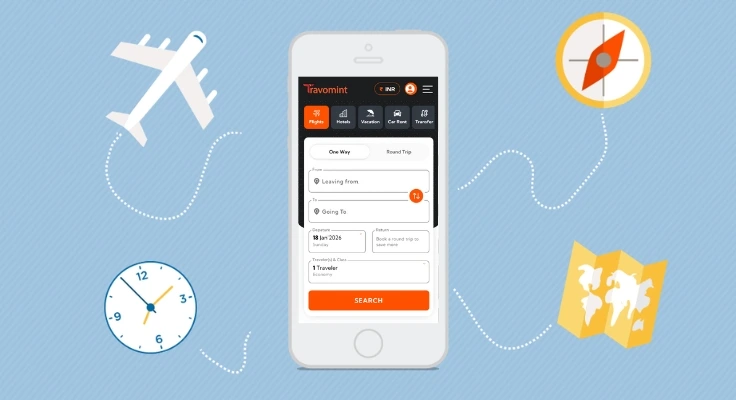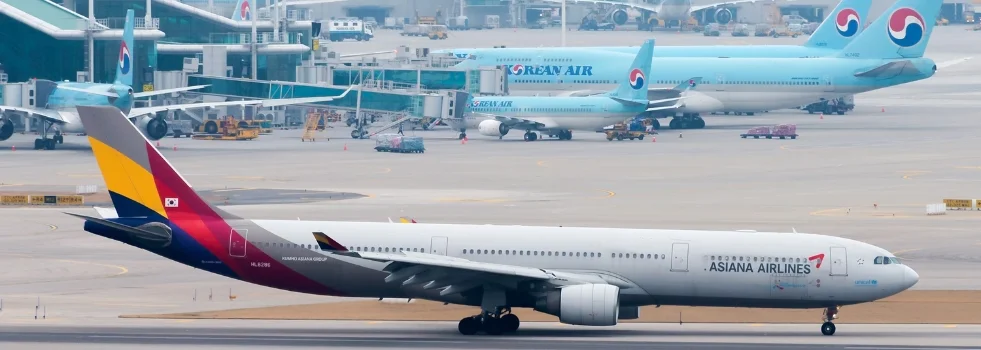- 09 Dec, 2024

The mega deal of 1.8 trillion ($1.3 billion) between Korean Airlines and Asian Airlines was on hold for the last 4 years due to the COVID-19 pandemic, and it has now come to a conclusion. With respect to that, Korena Air on Tuesday announced that it will take a 63.9% stake in Asiana Air. Forwarded by nine days to Dec 11.
According to the report, the time taken from the announcement until completion would be considered the longest time taken for an M&N deal between the airlines.
In addition, it is estimated that the new Korean Air, after the merger, will handle over half of South Korea's passenger capacity and will be the 12th largest airline based on the passengers carried. Another important aspect that is rising is that Airline consolidation is rarer in Asia than in Europe, which has been now the wave that is emerging for mergers in the last two decades.
Furthermore, one more major outbreak in this merger report is that the EU gave its approval last week, and it also stated the sale of Asiana's Air Cargo business, while Britain made Korean Air.
Another important point about this merger is: "However, the deal is still definitely a net positive for Korean Air. It vaults them higher up in the rankings of international airlines, making them a more important player," Schofield added.
One more statement regarding the merger is, "The merger provides Asiana with the protection of a well-capitalized partner. The airline has faced financial difficulties in recent years, stemming from a weak competitive position, over-leveraged balance sheet, and operational inefficiencies," said Siddharth Narkhede from Ishka, an aviation advisory business.
It also put up an additional point: "That said, as part of the merger, Korean Air will also inherit Asiana's significant debt burden. This could strain Korean Air's healthy credit profile," Narkhede added.
Further, Adrian Schofield, an analyst at CAPA Centre for Aviation, issues a statement that ."Korean (Air) has had to pay a relatively steep price in terms of carve-outs to appease the regulators,"
"However, the deal is still definitely a net positive for Korean Air. It vaults them higher up in the rankings of international airlines, making them a more important player," Schofield added.
In addition, the Spokesperson of Korean Air issued a statement stating that "Korean Air will continue to communicate closely with the relevant authorities to secure approval from the remaining regulatory bodies, including the DOJ."
How will the merger impact U.S. travelers?
Whenever deals are available, the passengers will benefit directly from them. Therefore, in terms of this merger, Korean Air is the founder of SkyTeam, and Asiana Air directly belongs to the rival of Star Alliance. The big thing about this merger is that Korean Air will acquire Asiana Air's assets, and Asiana Air will automatically surrender all its current alliance membership. In addition, Asiana Air will proceed with the 5 or 6 ultra-long-haul routes between Seoul and New York. Thus, passengers are going to enjoy their trip with quite an elegance after the merger of Asiana Air and Korean Air.
Contact us






Contact us

Dial In for Bigger Savings: Exclusive Deals!


